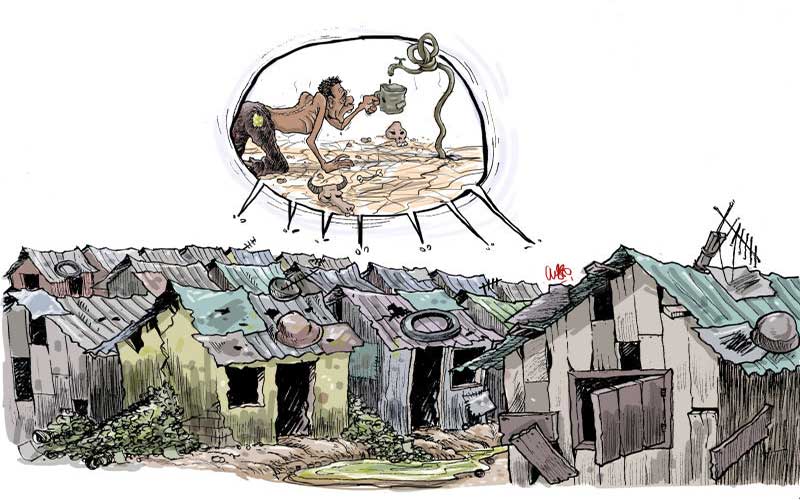×
The Standard e-Paper
Join Thousands Daily

Kenya has in the past been classified by the United Nations as a chronically water scarce nation. Any country whose annual renewable freshwater supply is below 1,000 cubic meters per person is classified as water scarce. Kenya’s annual renewable freshwater supply sits at only 667 cubic meters per person. That is why our urban and rural areas continue to lack water.